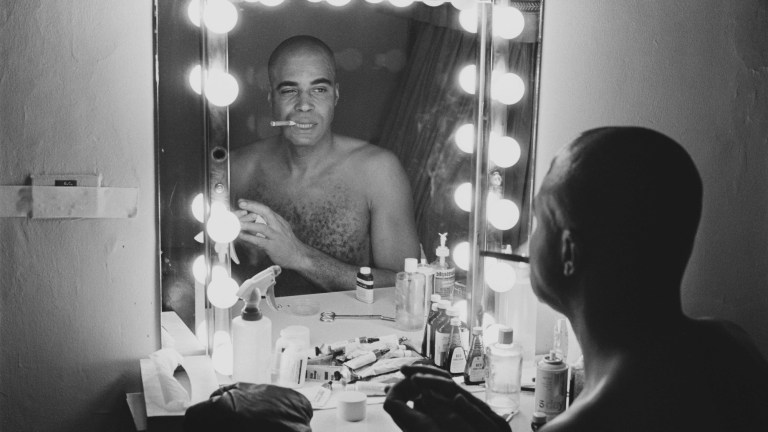James Earl Jones is an acting legend whose career spanned generations and educated millions.
He also shined brightest in early films that have not gotten their full due.
James Earl Jones, who died at age 93, is a cultural icon.

James Earl Jones voice is instantly recognizable.
Filled with authority and wisdom, it effortlessly captures a palpable feel of reason.
He made his Broadway debut in 1957.
By his first acting season at the Ramsdell Theater, Jones portrayed Othello.
Soon thereafter he became one of the pre-eminent Shakespearean actors of the time.
Strangelove or: How I Learned to Stop Worrying and Love the Bomb.
It is no wonderaudiences of all ages can count on Jones to deliver a trustworthy educational experience.
So here are some of Jones work that this author regularly returns to.
Paul Robeson (1979)
Jones is the perfect actor to command a performance as Paul Robeson.
Young Jones competed as a boxer, Robeson was a football player who reached the NFL.
Both set new standards of excellence in classical theater.
Each was gifted with a baritone strong enough to break traditional divisions and defy racist delusions.
The only sound we hear far too little of is Jones singing voice.
Jones becomes Robeson, from the inside out.
And his righteousness bristles under the surface of Jones interpretation.
Yet it is never overstated.
It was presented by William Shatner.
Jones plays boxer Jack Johnson, the first Black world heavyweight boxing champion.
The bout was the first boxing match with an African-American contender.
The ensuing riots led to the deaths of more than 20 people.
This is Jones first leading film role.
The author won the Pulitzer Prize for Drama.
Alexander and Jones took home Best Acting in a Play awards at the 1969 Tonys.
His performance still packs a punch too.
Yet he makes it believable in a public official, especially when set against those who refuse to hear.
Once his hands stop shaking, Jones more than rises to all tasks.
Dilman walks into his first press conference with a rubber stamp and walks out with a shillelagh.
Claudine(1974)
Heroes dont need presidential powers.
Frightened people can do anything.
Director John BerrysClaudineis one of the best almost-feel-good romantic comedies set in Harlem.
Carroll plays Claudine, a single mother raising six kids in a tiny apartment.
She illegally supplements welfare with low-paying jobs.
Roops got three kids, from two former marriages, whom he never sees.
Roop and Claudine get together for a good time regularly.
But because both actors exude such easy charm this grows into a union greater than marriage.
Matewan (1987)
Jones is dynamic as Few Clothes Johnson in director John SaylesMatewan.
When I do, I want the same dollar for the same work.
Jones allows Few Clothes to grow into his arc on scorched soil.
Few Clothes is no enemy.
He is a worker.
Sayles story of railroad town union organization is criminally underseen, even when it first hit theaters.
It remains an inspirational reminder that success against business is a group effort.
On the surface, the film is about disregarded excellence on the playing field.
Beneath lies a strong statement on emerging Black capitalism.
Jones smile, like his voice, is a reassurance that everything will ultimately be made right.